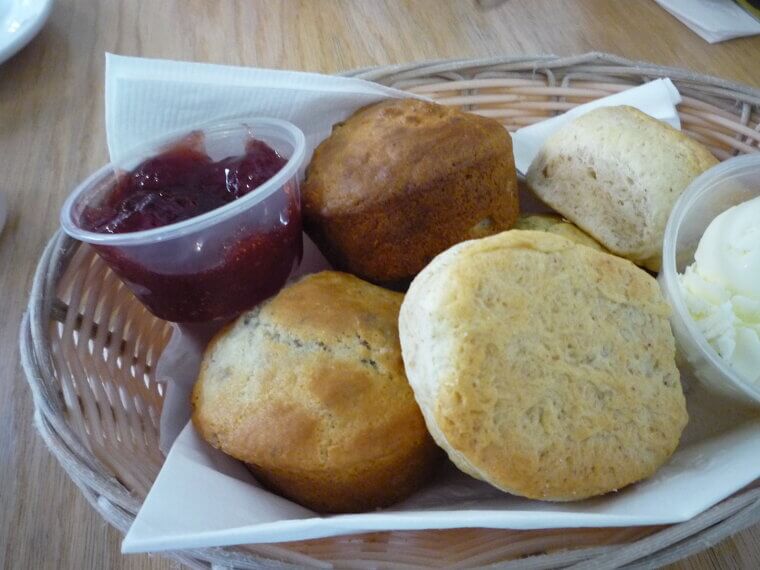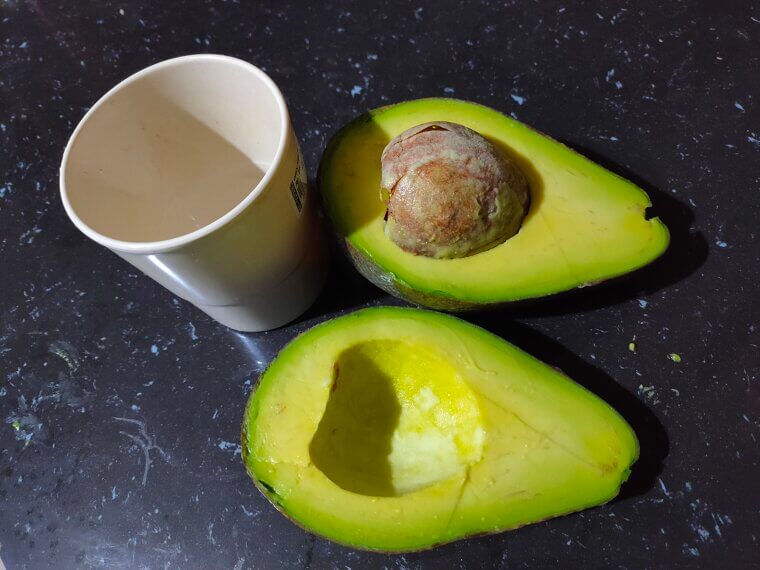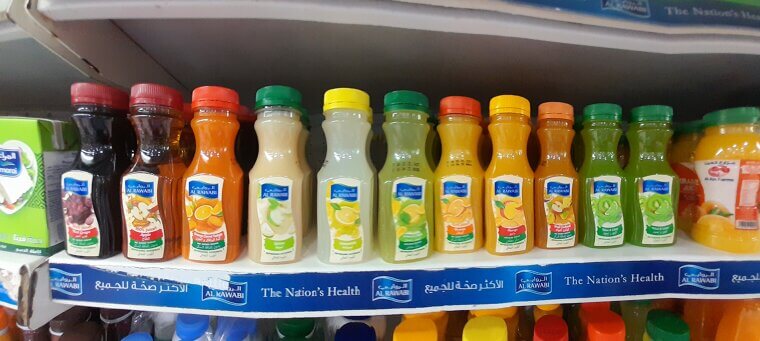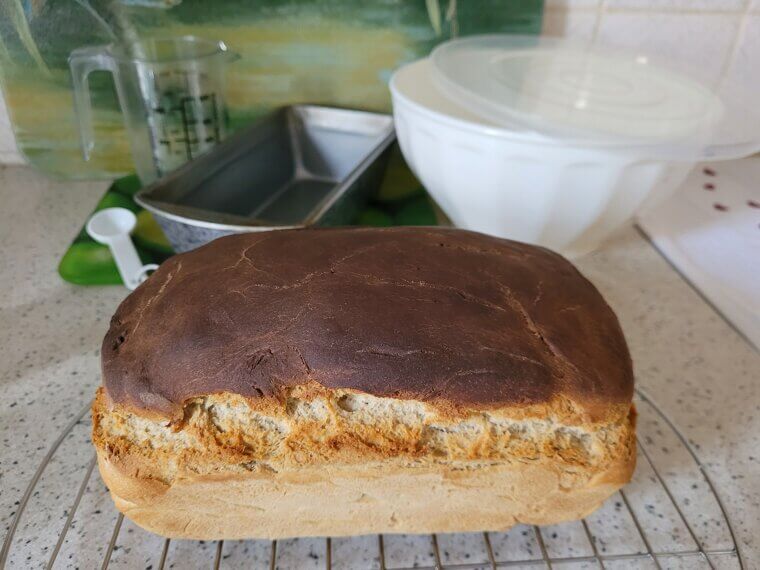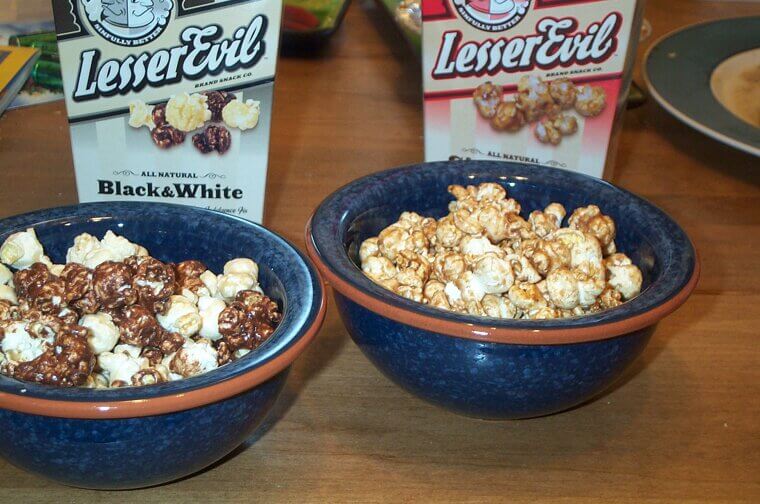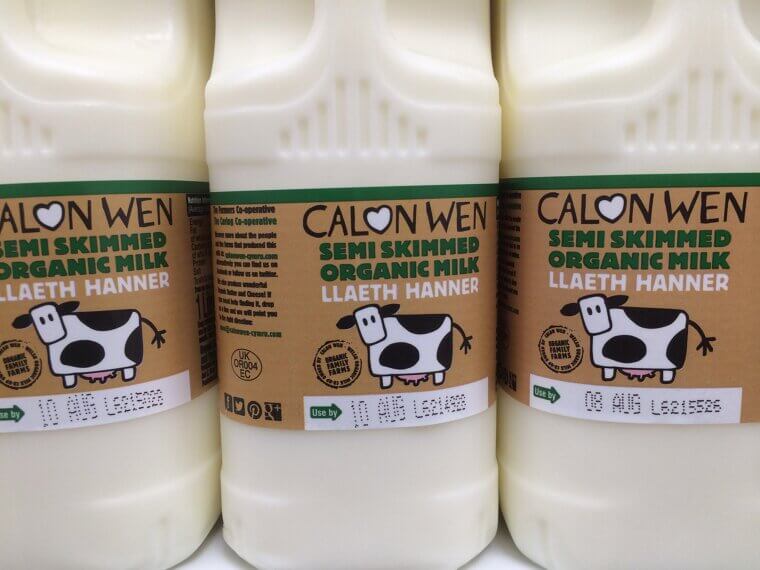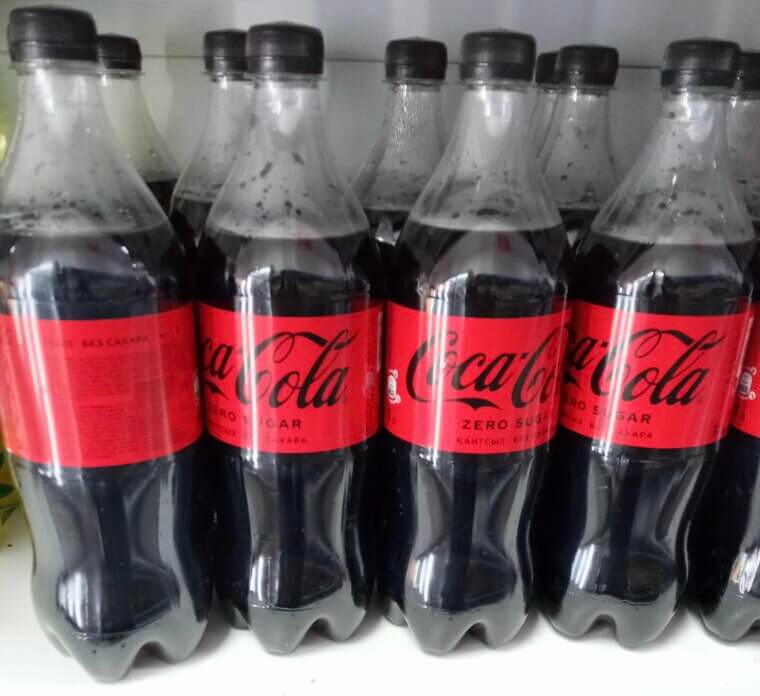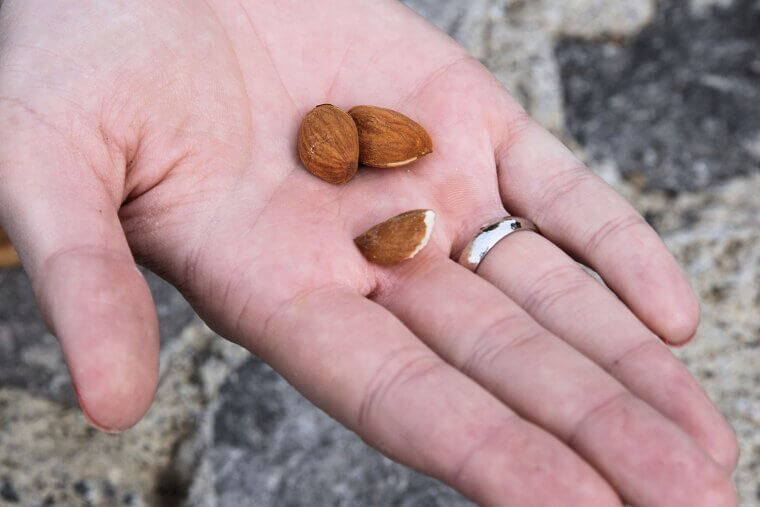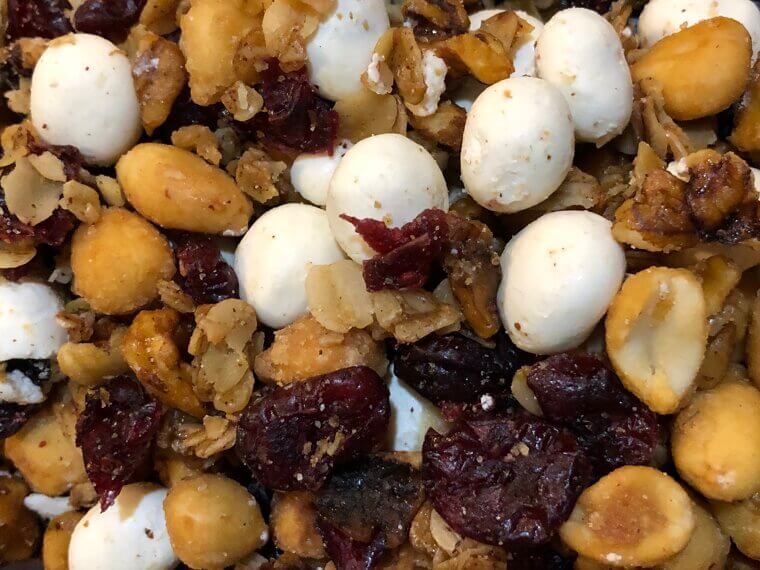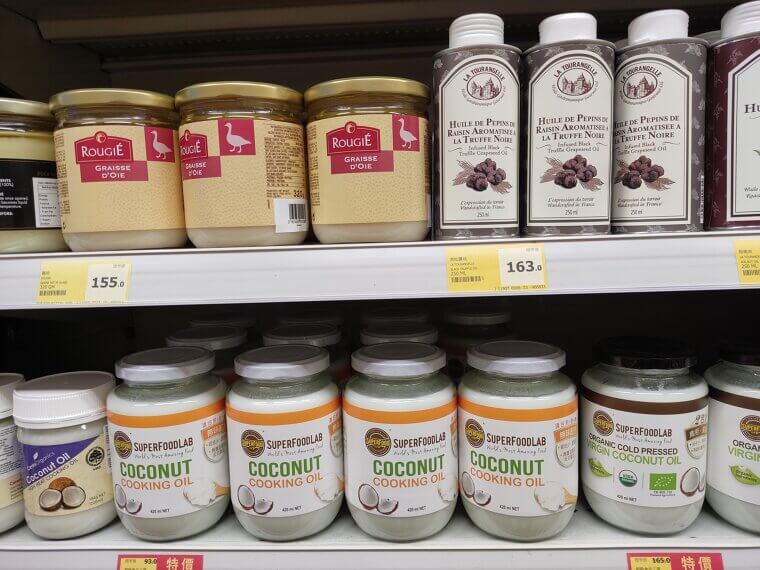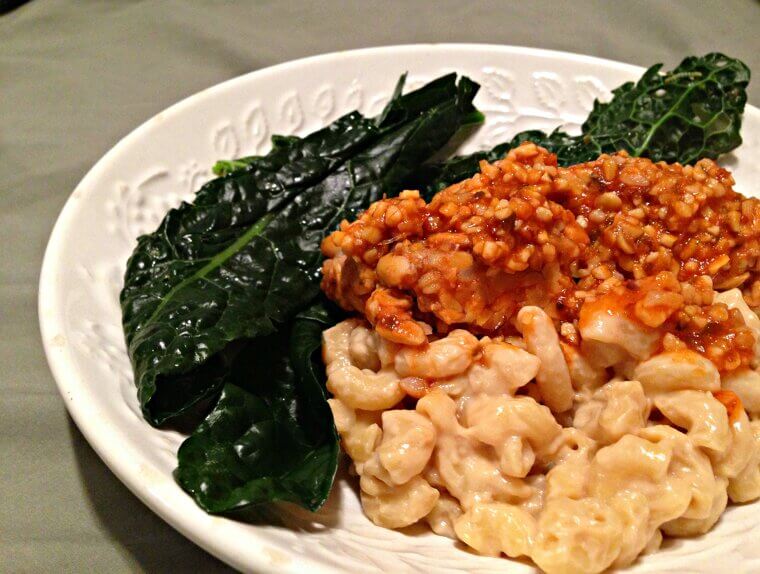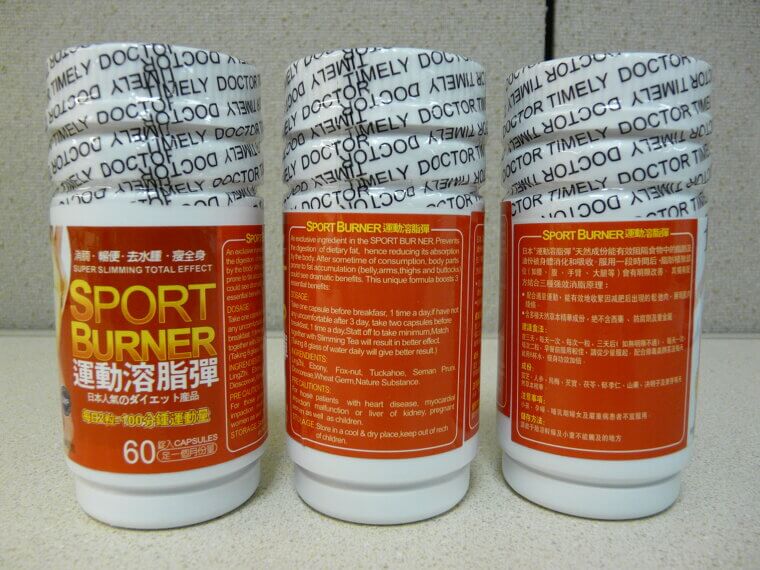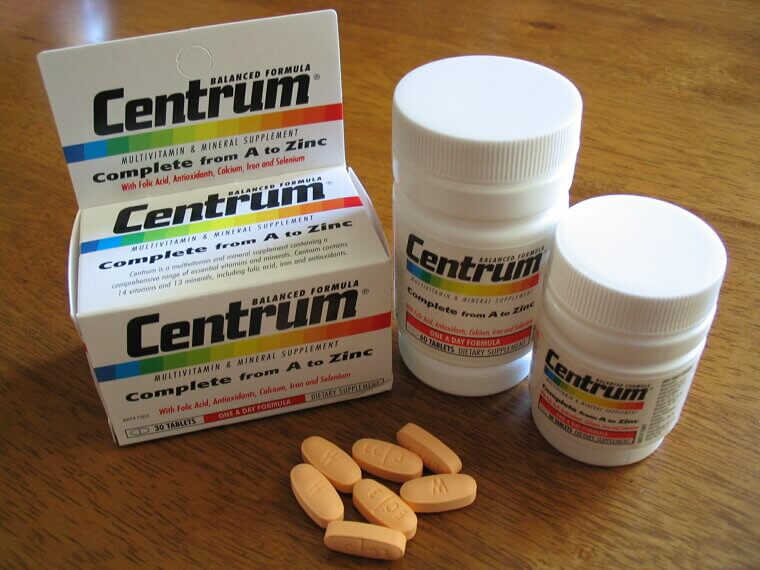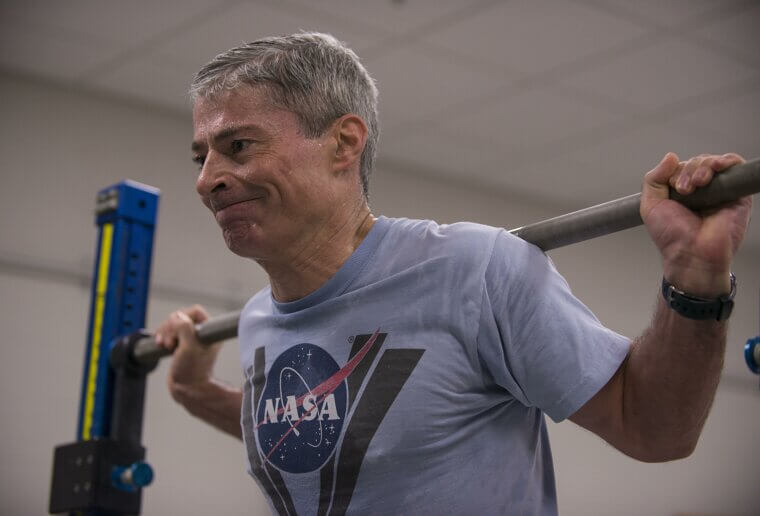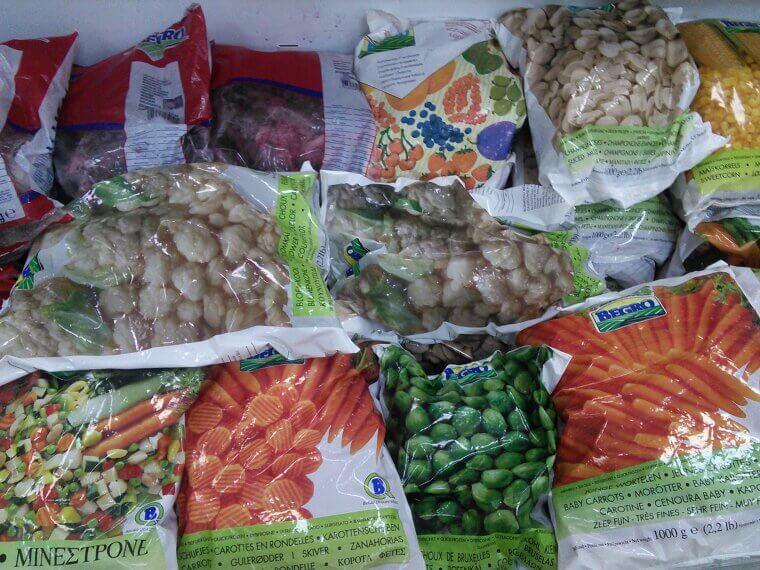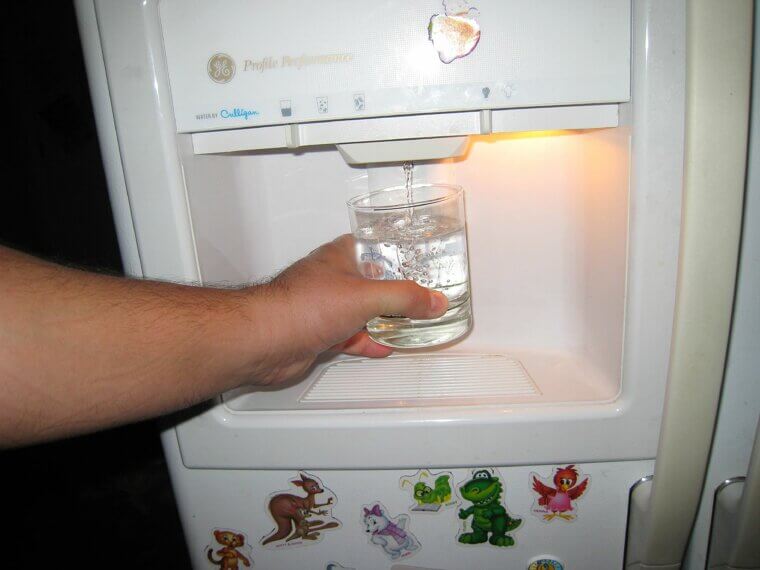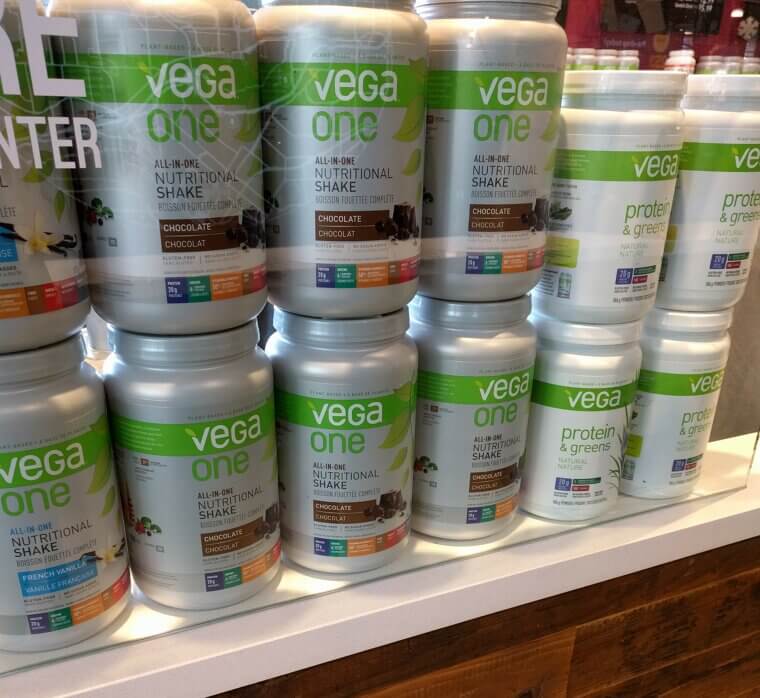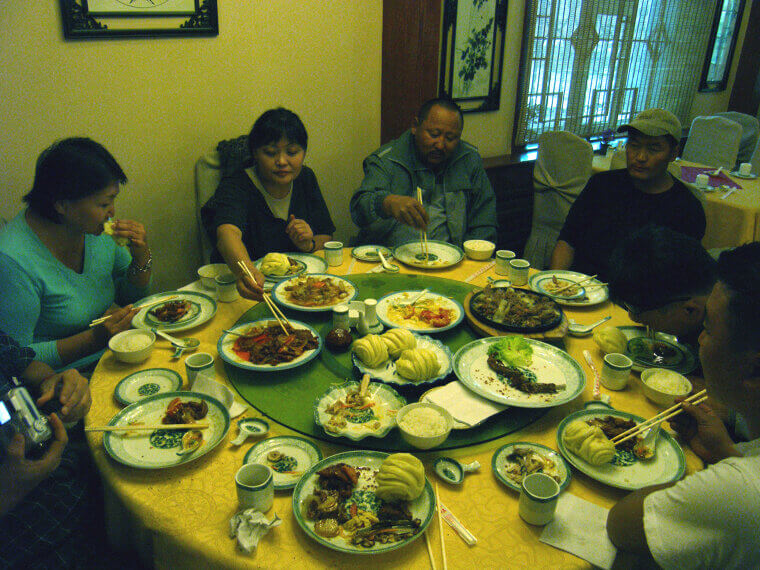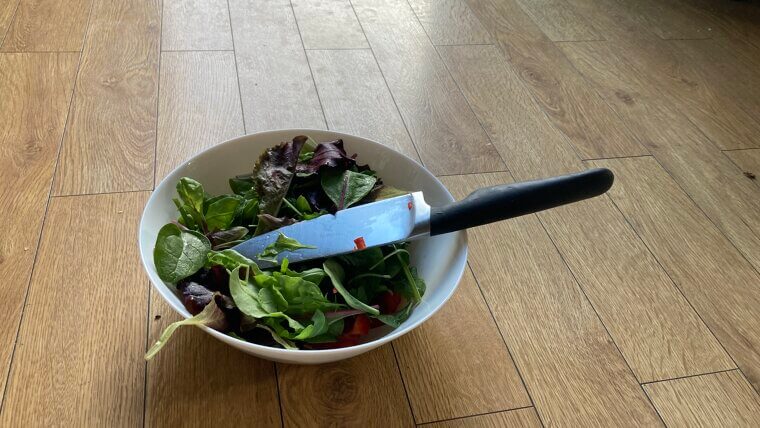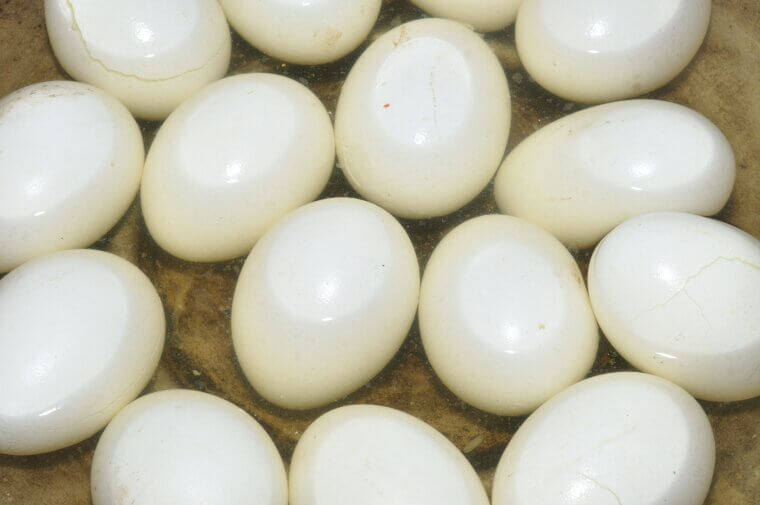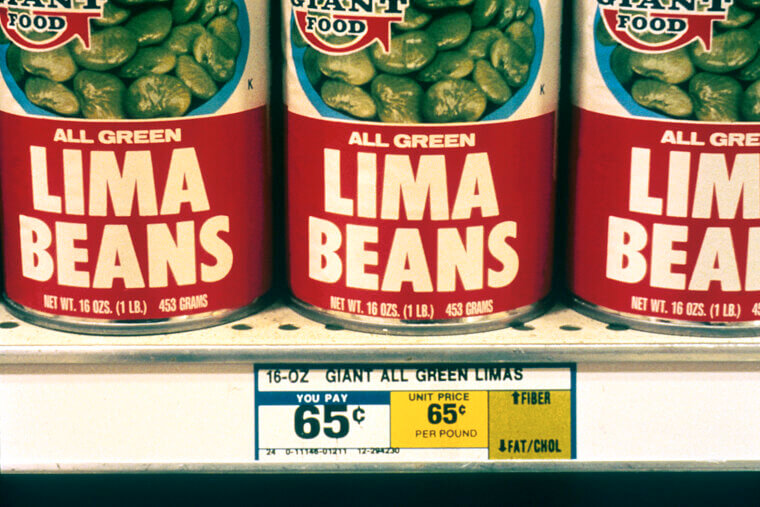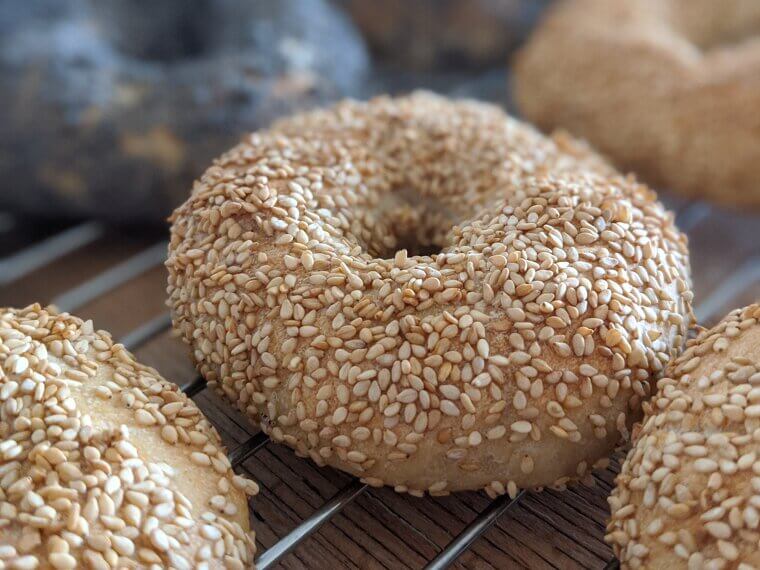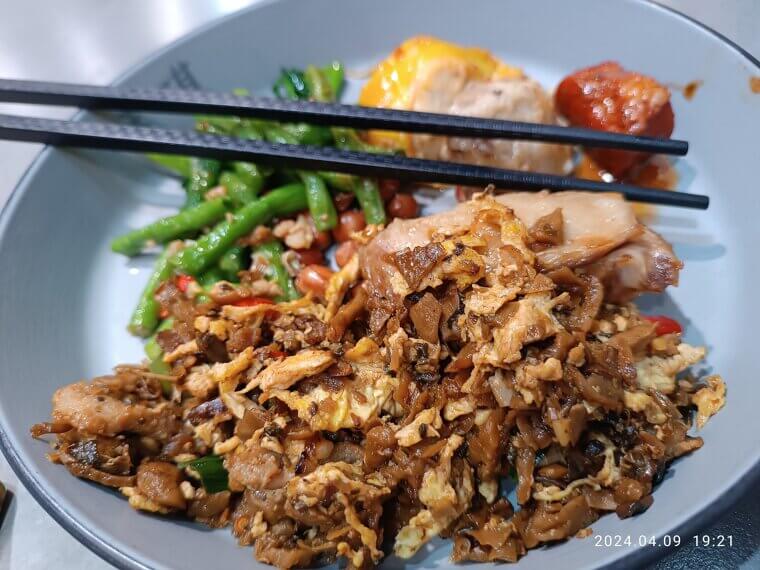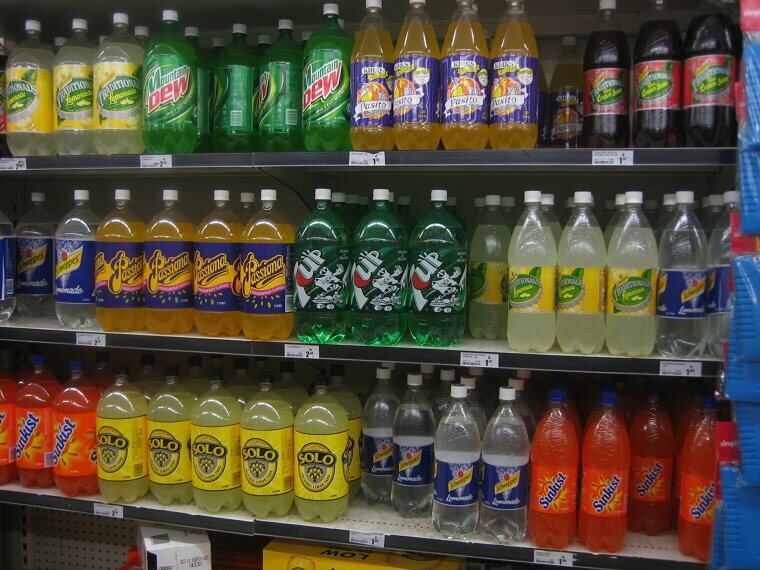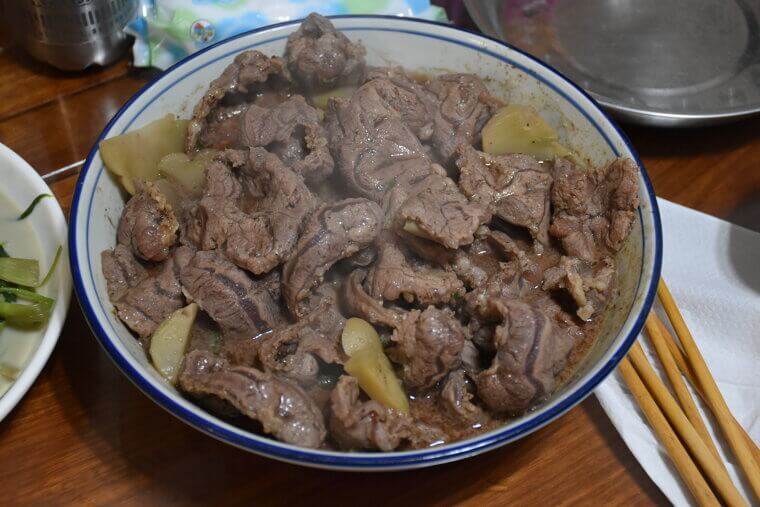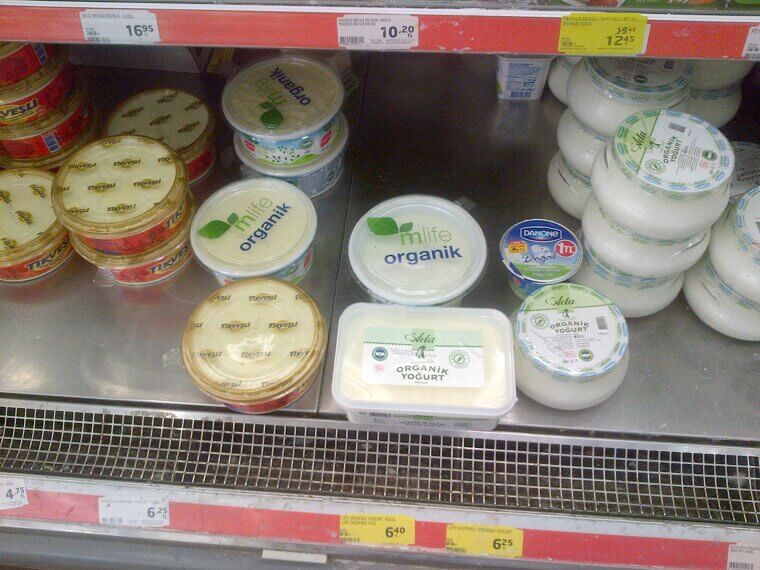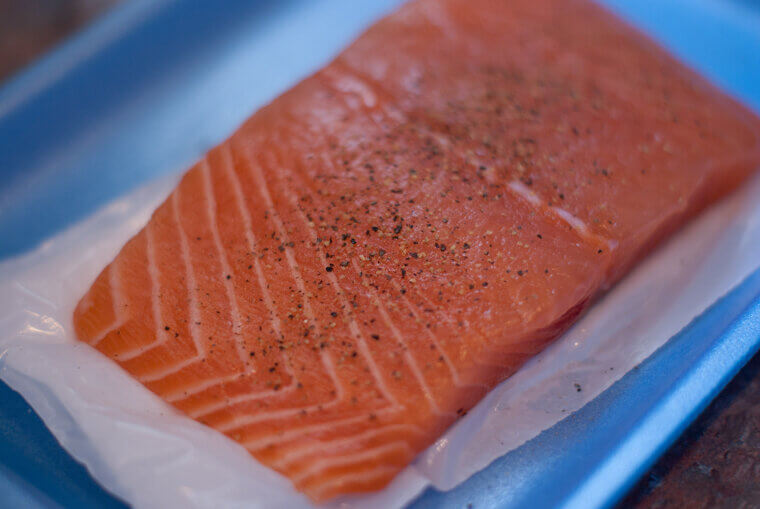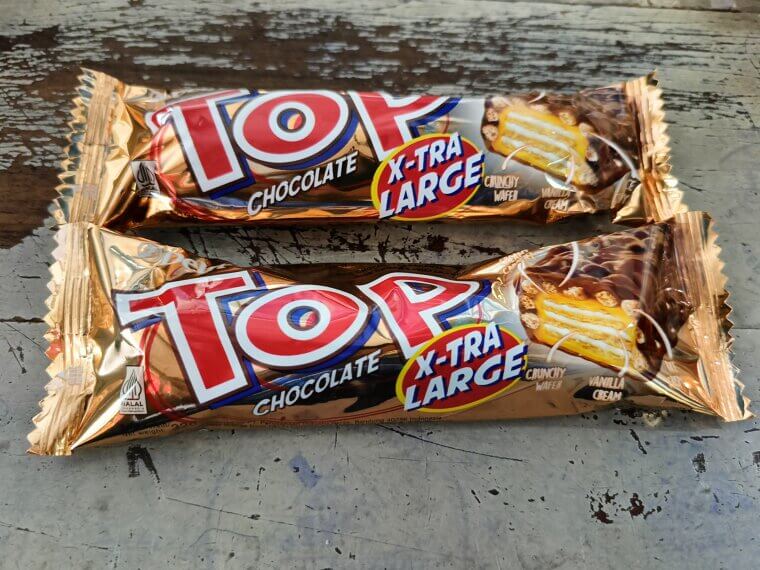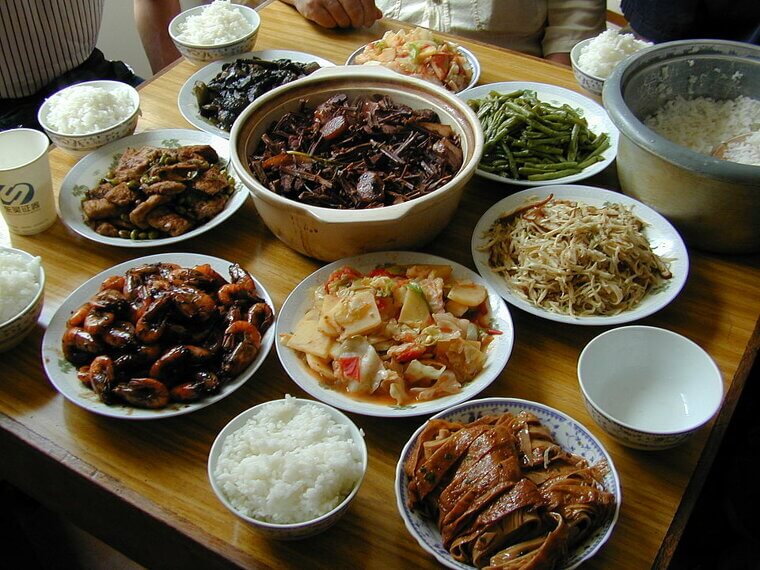Eating More Protein Builds Muscle Faster
Everyone knows that protein is the ‘key’ to becoming muscular, but that’s just not true. Sure, protein is great for assisting muscle repair and growth, but eating excessive amounts won’t necessarily speed up the process. The body has a limit to how much protein it can effectively use for muscle building, so you better start pumping iron, buddy.
Carbs Are The Worst Food For Fat Loss
Carbohydrates have long been the villain in diets, especially in low-carb diet trends, but not all carbs are bad. In fact, complex carbohydrates like whole grains, vegetables, and legumes are packed with fiber, vitamins, and minerals. Cutting all carbs can deprive your body of essential nutrients, leading to fatigue and digestive issues. If carbs really are the villains of the food world, they’re less cackling maniacs and more nuanced anti-heroes that all good stories need.
Fat Makes You Fat
One of the biggest misconceptions we used to believe is that eating fat will lead to weight gain. While it's true that fats are calorie-dense, they’re also crucial for body functions such as hormone production, brain health, and nutrient absorption. Healthy fats found in avocados, olive oil, and nuts can promote feelings of fullness. Who doesn’t want that?
All Fruit Juices Are Healthy
Fruit juices are what you drink when moral superiority gets the better of you. They’re only slightly better than Coca-Cola and still contain plenty of added sugars to keep you coming back for more.
You Should Avoid Gluten At All Costs
While gluten is a real issue for those with a gluten intolerance, there’s no reason to avoid the stuff otherwise. For most people, gluten - a protein found in wheat, barley, and rye - is perfectly safe and even part of a balanced diet. Believe it or not, gluten-containing foods like whole grains provide valuable nutrients such as fiber and iron.
Detox Diets Are Essential For Cleansing Your Body
Detox diets, often promoted as a way to rid the body of toxins, are simply silly. Your liver and kidneys do a fantastic job of detoxifying naturally, and there’s no need to purchase special cleanses or restrictive detox plans. Instead, focus on supporting your body's natural detox system rather than relying on fads. Not only is it healthier, but it’s cheaper too.
Eating After 8 PM Causes Weight Gain
This myth suggests that eating late at night will lead to weight gain, but it’s the total number of calories consumed throughout the day that matters most. It’s not about when you eat, but how much and what you eat! Timing is less important than what goes into your body, though you’ll probably still want to cut out any extra midnight snacks if you’re trying to lose weight.
Eating Fat-Free Means Healthy
This may be a hard one to swallow (pun intended,) but fat-free doesn’t always mean healthy. Many fat-free or low-fat products compensate for the lack of fat with added sugar, salt, and artificial ingredients to enhance flavor. This can often make the product less healthy overall.
Sugar-Free Means No Sugar Impact
Like fat-free products, sugar-free foods aren’t exactly what you think! They can still have an impact on your body’s sugar levels. Many sugar-free products contain sugar alcohols (which are sugar’s fun cousins). It’s better to opt for natural, whole foods with minimal processing. Always read labels carefully and focus on reducing overall sugar intake.
All Calories Are Created Equal
The idea that "a calorie is a calorie" doesn’t fully capture the complexities of nutrition. While calorie intake is important for weight management, the source of those calories can make a significant difference. For example, 100 calories from a sugary soda are processed much differently by the body compared to 100 calories from a serving of almonds. It’s as though one product is significantly healthier than the other - imagine that.
Eating More Fiber Will Always Improve Digestion
Fiber is essential for digestive health, but it's not a one-size-fits-all solution. For some people, especially those with certain gastrointestinal conditions like irritable bowel syndrome (IBS), consuming too much fiber can cause bloating, gas, and discomfort, allowing you to role-play a flatulent retiree.
Coconut Oil Is A Superfood
Coconut oil has gained popularity with its "superfood," label, but it’s not all it’s cracked up to be. While it does have some health benefits, it’s also high in saturated fat. So, moderation is key when using coconut oil in cooking or as a supplement.
Vegan Diets Are Automatically Healthier
Vegan diets can be incredibly healthy, but they’re not guaranteed to be. While plant-based diets are rich in fruits, vegetables, legumes, and whole grains, it's still possible to rely on processed vegan foods that are high in sugar, sodium, and unhealthy fats. Additionally, your body may have certain requirements that veganism just isn’t able to meat. We’ll see ourselves out.
All Calories From Alcohol Are Empty Calories
Alcohol is often believed to have "empty calories," but this isn’t entirely accurate. While alcohol does provide calories without significant nutrients, it can still offer energy to the body. Some alcoholic drinks, like red wine, contain small amounts of antioxidants that may have potential health benefits. So, the next time your family tries to stage an intervention for you, just send them this post!
You Can Lose Weight With “Fat-Burning” Supplements
Many people turn to fat-burning supplements in the hopes of losing weight quickly. However, there is little scientific evidence to support the effectiveness of most fat-burning products. These supplements are often loaded with stimulants or laxatives - they’re overpriced uppers that frequently send you to the toilet. In the long term, the weight returns once the supplements are discontinued. “Commercialized Trainspotting” might be a good name for one of these products.
You Need Supplements To Meet Your Nutritional Needs
Supplements can be helpful in certain situations, but they’re not a replacement for a well-rounded diet. Most people can get the nutrients they need from whole foods, including fruits, vegetables, whole grains, lean proteins, and healthy fats.
The More You Sweat, The More Calories You Burn
This may be hard to believe, but sweating doesn’t necessarily equate to burning more calories. While intense physical activity may make you sweat more, the amount you sweat is primarily a result of your body’s efforts to cool down, not an indicator of fat loss.
Fresh Vegetables Are Better Than Frozen
Fresh vegetables are often thought to be nutritionally superior to frozen, but this is not always the case. In many cases, frozen vegetables are just as nutritious as fresh ones, sometimes even more so. So don’t knock it until you try it!
You Should Drink 8 Glasses Of Water A Day
The "8 glasses a day" rule is outdated and overly simplistic. Your hydration needs vary depending on factors like age, activity level, climate, and diet. For instance, if you're physically active or in a hot climate, you may need more water. So there’s no need to feel defeated if you don’t reach your 8 glasses a day goal.
Protein Shakes Are Necessary For Every Workout
Protein shakes are popular among athletes and fitness enthusiasts, but that doesn't mean you need to do the same. Unless you're engaging in intense or frequent exercise, your body can usually get all the protein it needs from whole foods.
Raw Vegetables Are Always Healthier Than Cooked
While raw vegetables are packed with nutrients, cooking can actually enhance the effectiveness of certain nutrients. I bet you didn’t know that! For example, cooking tomatoes increases the levels of lycopene, an antioxidant linked to heart health.
Eating More Meals Prevents Weight Gain
The idea that eating several small meals throughout the day boosts metabolism and prevents weight gain is simply silly. What matters more is the total number of calories you consume, not how many meals you eat. Ultimately, it’s about portion control and nutrient-dense choices.
You Can’t Get Enough Protein On A Plant-Based Diet
Many people assume that a plant-based diet can't provide enough protein, but there are plenty of plant-based sources rich in protein. Foods like beans, lentils, tofu, tempeh, quinoa, nuts, and seeds are excellent protein options.
A Low-Calorie Diet Is Always Best For Weight Loss
The concept of a low-calorie diet being the golden ticket for weight loss is an oversimplification. While calorie reduction is important for weight loss, the quality of the calories you consume plays a crucial role. Remember, focusing solely on cutting calories can lead to nutrient deficiencies and muscle loss.
Cholesterol In Eggs Raises Your Cholesterol
For years, eggs were considered a food to avoid due to their cholesterol content, but in reality, eggs have little to no impact on most people’s blood cholesterol levels. While eggs are high in dietary cholesterol, they do not raise "bad" cholesterol for the majority of people.
All Processed Foods Are Bad For You
Not all processed foods are super unhealthy, as we’re led to believe. For example, frozen vegetables, canned beans, and whole-grain bread are all processed but still provide essential nutrients.
You Need Dairy For Strong Bones
While dairy products are a good source of calcium, they’re not the only option for maintaining bone health. Many non-dairy foods like leafy greens, fortified plant milks, tofu, almonds, and sesame seeds are rich in calcium.
A High-Salt Diet Is Fine If You’re Healthy
Many people believe that a high-salt diet is only a concern for those with pre-existing health conditions, but excessive sodium can still cause issues in healthy individuals. A diet high in salt can contribute to high blood pressure over time. And that’s not what you want!
Natural Sugar Is Better Than Added Sugar
While natural sugars found in fruits and vegetables come with fiber, vitamins, and minerals, they’re still sugar. The key difference is that whole foods with natural sugars provide a balanced nutrient profile that helps the body process sugar more slowly. On the other hand, added sugars - like those found in sugary drinks and candies - can spike blood sugar levels.
Saturated Fat Is Always Better
Saturated fat has long been labeled as unhealthy, but the relationship between saturated fat and heart health is more complex than once thought. With this, the source of saturated fat matters - coconut oil, grass-fed beef, and full-fat dairy products contain different types of saturated fats than processed snacks or fast food.
Natural and Organic Foods Are Always Healthy
Claims on food labels can add to confusion about nutrition. When a food is labeled as being “free” of or “low” in a certain nutrient or compound, it’s often automatically considered healthy. For example, many people think gluten-free and low-sodium products are always healthy when they may not even contain nutritious ingredients.
Coffee Is Bad For You
Not even your seemingly innocent cup of Joe is safe from nutrition misinformation. It’s sometimes claimed that coffee is an unhealthy beverage that you must cut out to lose weight or maintain overall health. If giving up your morning coffee sounds terrible to you, don’t fret. Coffee can absolutely be part of a healthy diet.
It’s Too Expensive To Eat Well
One of the most common complaints about eating healthy is that it’s too expensive. Nutritious foods can have a hefty price tag, but they don’t have to! Yes, buying wild-caught salmon, grass-fed ribeye, and organic or off-season produce can add up, but there are many foods that are loaded with nutrients and are affordable.
Snacking Is An Unhealthy Habit
Some weight loss plans recommend cutting snacks to be successful, even going so far as suggesting snacks are never healthy. Sure, salty, ultra-processed snacks or sweet treats aren’t nutritious choices, but not all snacks are equal. Healthy snacks can be helpful for those who get hungry in between meals and want to prevent overeating.
Eating More Frequently Boosts Metabolism
Since eating and the digestion that follows rev up metabolism, some people believe that eating small, frequent meals is a good way to promote weight loss. However, there is actually no significant effect of eating frequency on weight. At the end of the day, eating fewer calories than you burn contributes the most to weight loss.

